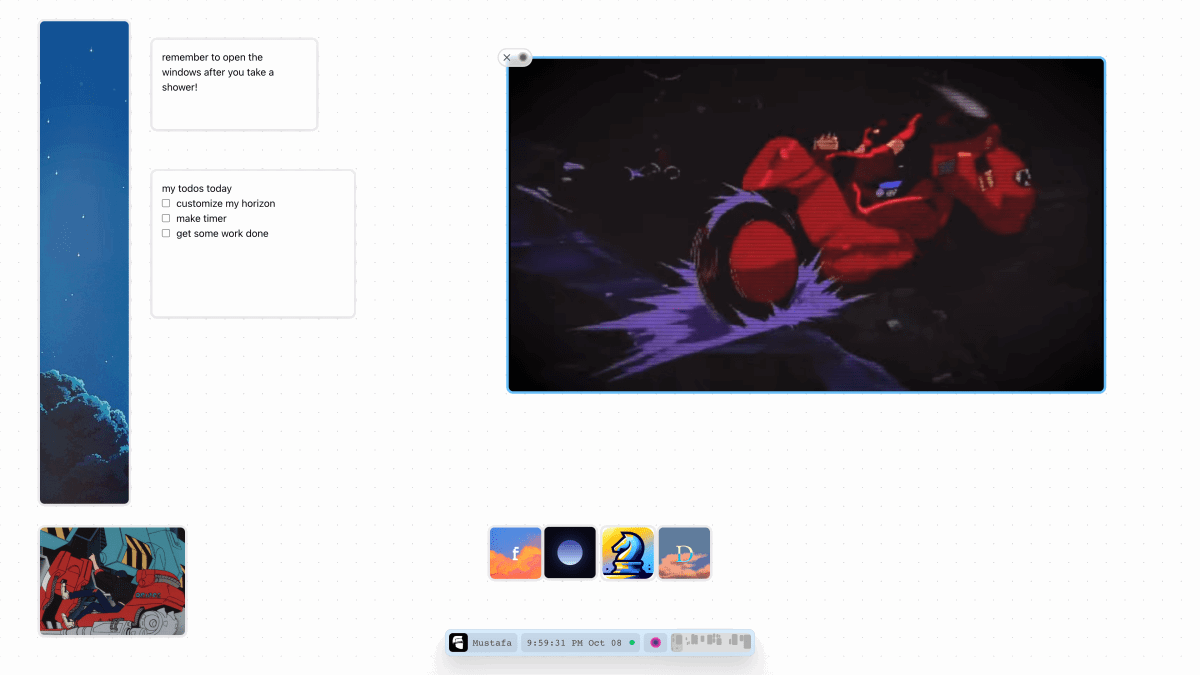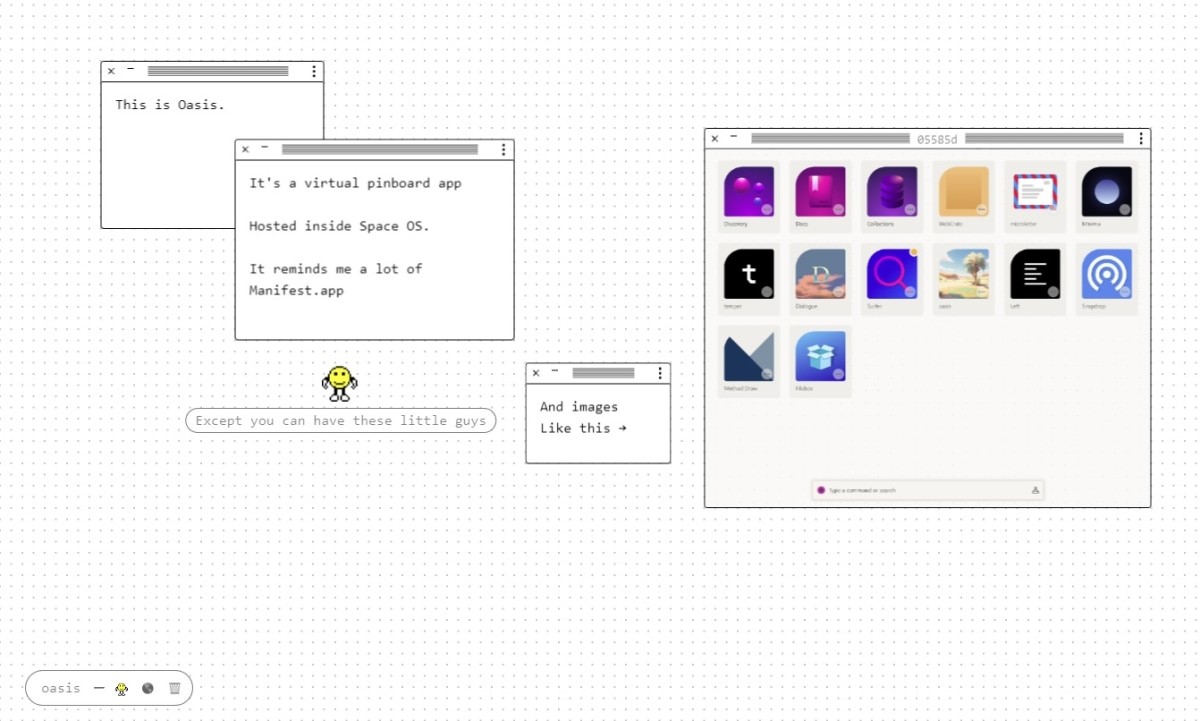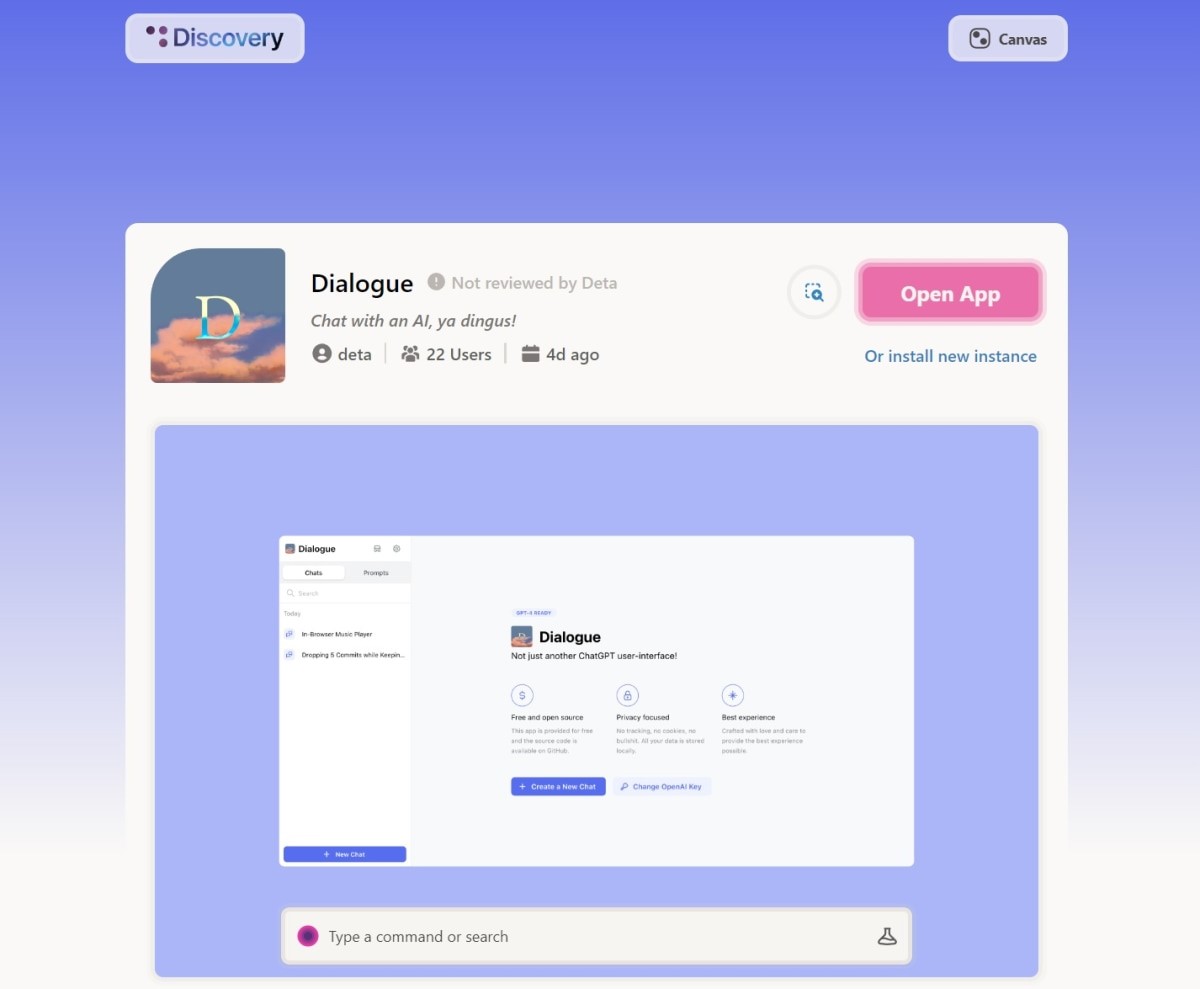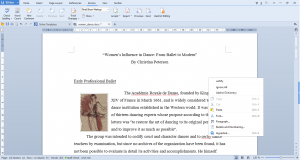In the transition from desktop software to cloud-based apps, Deta founder and CEO Mustafa Abdelhai believes that something went wrong.
While web apps such as Google Docs, Trello, and Miro let you manage documents and notes from anywhere, they don’t always play nicely together. Moving data between them can be a hassle, and it’s hard to view everything in one place. Your digital life can feel messy as a result.
With a new service called Space OS, Berlin-based Deta is taking a wildly different approach, with a new suite of web apps designed to work together, all on a unified desktop that you can access through any web browser. Abdelhai says the idea is to offer something like a cloud-based personal computer, but what it really feels like is an alternate reality for web apps. Deta has just raised $3.6 million in a pre-seed round led by Crane Venture Partners to build out its platform.
“We’re creating a unified platform where apps really work well together, and the user has control,” Abdelhai says.

A virtual desktop with unusual apps
Space OS has its roots in an earlier service called Deta Cloud, which launched in 2020 as a way for developers to quickly build and deploy apps. It became popular as a free hosting source for side projects, with more than 67,000 developers signing up to build apps on top of it.
Deta is now using those apps as the basis for Space OS. After signing up for an account, you can browse for apps in Deta’s Discovery store and install them into your personal space. You can then them run them individually as if they were freestanding web apps, and can even install multiple instances of the same app.
“We kind of see ourselves as following the legacy of personal computing in a way,” Abdelhai says.
None of Space OS’s apps come from big companies. Instead, they all feel like offbeat indie takes on time-worn concepts. There’s a bookmark manager called Webcrate, a file sharing tool called PersonalDrive, a funky search engine called Surfer, and the obligatory interface for ChatGPT. You’ll of course find various options for text editing as well.
Deta first showed off a rudimentary version of its virtual desktop earlier this year, with only static rows of app icons. With Space OS, it’s evolving the concept through a feature called Horizons. Alongside the apps themselves, users can add images, notes, and links, and will soon be able to embed miniature apps directly on the page. All this will exist on a horizontal pane, which users can scroll through like a timeline.
“It’s a different interface, and it’s infinitely scrollable,” Abdelhai says.

Connecting it all together
As of now, Space hasn’t actually linked all these little apps together, but Abdelhai showed a few ways in which Deta plans to make those connections.
In one example, Abdelhai showed off a virtual pinboard app called Oasis, which gives users an infinite canvas for text notes and images. A future update will let users embed data from other Space OS apps, including drawings and ChatGPT transcripts.
Abdelhai also demoed a concept called App Actions, in which users can click a button to push data elsewhere. After generating some text in the ChatGPT app Dialogue, for instance, they might send that data into the Minima text editor for further editing. Deta also plans to provide a universal search bar inside of Space OS, so users can search for files or information across all their apps.
“With that infrastructure working beneath my personal cloud computer, and this interface that we’re building, it just makes apps work really well together,” Abdelhai says.

Long way to go
Building an entirely new ecosystem of interoperable web apps does come with some big inherent challenges.
For one thing, it’s unclear whether Deta’s existing app developers will get on board with Space OS. So far, Abdelhai says Deta has only showed off the concept to about 10 existing developers, and they’ll have to do some additional work to make their apps interoperable.
“Right now, we believe we should build an operating system, and then the developer will see the benefits of the operating system and get encouraged to build around it,” he says.
Users will also need some compelling reasons to check out Space OS in the first place, and right now they’re lacking. While the Horizons concept is novel and the interoperability concept is interesting, there isn’t any one app that stands out as being better than what you get elsewhere. That’s another thing Abdelhai wants to improve down the road.
“We’re working ourselves, and with developers, on building apps that you’ll love to use,” he says. “Slowly, you’re going to get more apps, and it’s going to be a much richer experience.”
Beyond all that, Deta hasn’t gotten into details around Space’s business model. Its developer hosting is currently free, and Deta hasn’t listed any storage limits for users. Abdelhai mentions the possibility of paid apps—both from Deta and third-party developers—but none exist yet.
This prospective users in a precarious position. While Space OS allows users and developers to export their data, letting users self-host a Space OS instance would be a “huge challenge,” Abdelhai says, and at least for now, all of Space OS’s apps require an internet connection. Even if Space’s apps are well connected, the platform ultimately represents its own kind of walled garden.
All of which lends to a feeling that Space OS is more of an experiment than a fully fleshed out idea. But if it proves that web apps can be designed from the start to work better together, it’s an experiment worth pursuing.
(1)









